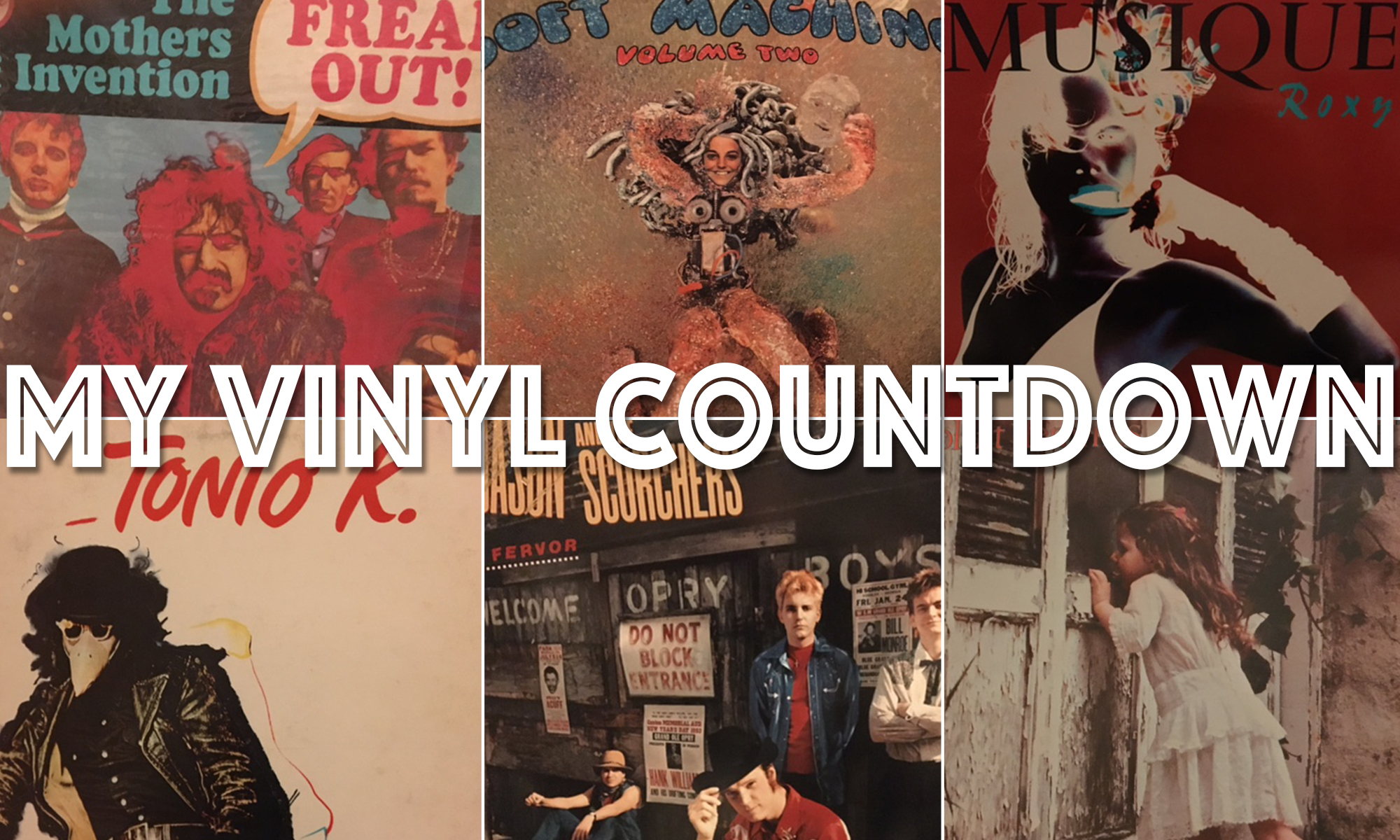ALBUMS: Three Week Hero-PJP (1969); Enigma (1966): You Can’t Come Home Again (45 rpm) (1968): Somewhere (1967): What’s Wrong With My World (1968): Focus Con Proby (1977)
MVC Rating: Hero 4.0/$$$; Enigma 4.0/$$$; Home (45) 3.5/$$; Somewhere 3.5/$$; What’s Wrong with My World 2.5/$$; Focus Con Proby. (pending review)
I have written about Proby earlier when I named one of his albums one of the seven most underrated albums in My VInyl Countdown collection.
Proby’s story is certainly a wild one: he got kicked out of England; Van Morrison wrote a song about him; his sister dated Elvis; he played Elvis in a stage production; sang mostly rock and roll and ballads but at one point in the 1970s was lead singer for Focus the heavy prog band from the Netherlands in ‘Focus Con Proby.’ Focus is a group best known for their heavy metal yodeling song called Hocus Pocus.
First, a quick update on My Vinyl Countdown.com. That’s my website where I state my mission by vowing to listen to, write about and list (in alphabetical order) all of the records I have collected since, oh about age 12.
I’m 60 now. (I took about a two-decade detour into digital).
I am doing this to raise awareness of Lewy body dementia, which I have.
There is no cure for this disease, the second-leading form of degenerative dementia after Alzheimer’s. So yes, I am forgetful and I have tremors now and then. But thanks to modern science and miracles of their cost prohibitive I’m doing fine. My bank account may not be doing fine, but I am.
So anyway, I started with 678 records and have reviewed 438. Now I have about 240 records to go. (Give or take).
Thanks to everyone with the notes and kind words throughout this. It keeps me hanging on. (Got a Vanilla Fudge album to do when I get to the V’s).
Proby is one of those artists that I really didn’t know during my formative vinyl years. He’s one of several on the countdown that I have purchased more recently (past 3 years) as I started thumbing through bargain bins and thrift shops.
Coming home after a thrift store find I put on his Enigma record and immediately noticed the voice. It was an entity all to itself, Vegas, swamp rock, Elvis, Otis, Tom Jones — that voice channeled just about everything.
He was not moving the needle much in the U.S. but the UK seemed to love him. He was like Bizarro World Elvis: or Tom Jones playing Mick Jagger in a movie about the Stones; or Johnny Cash if he had grown up in Ireland during the 1950s and 60s and was heavily influenced by Van Morrison.
(These are fun, I could go on but I’ll restrain myself.)
The ‘accident’ sparked so much audience reaction that it happened again ……..and again. I couldn’t find any stories that detailed how many times it happened. But an oversight office on moral turpitude basically had Proby thrown out of the country.

About the music. I would recommend Enigma which has his single ‘Niki Hoeky’ a Deep South novelty tune in the vein of Tony Joe White’s ‘Polk Salad Annie.’ Or about anything Jim Stafford would do.
Proby’s vocals jump comfortably from falsetto to hard rock/soul back down again.
The man knew he had a voice and that was possibly his downfall.
On stage he knew he could wow anyone when he opened his mouth to sing. But his ability to sing any type of song also meant that he recorded any type of songs — as if he was going for the shotgun affect and seeing which style will stick
The problem, which comes clear in the very-good-but-disjointed ‘Three Week Hero., ‘ is that he thinks it’s all too funny, like a comedian who has no sense of when to quit repeating the punch line. His exaggerated bumpkin accent on the opening title song on Hero has no reasoning behind it, context.
It’s bizarre as if he was brushing up to be on TV’s Hee Haw.
In another really good song he sounds like Johnny Cash — only better!
Then he airs out a completely gut wrenching Otis Redding like vocal on a song that made me readjust the listening device. He covered ” It’s so hard to be a N-word.’ No, I’m not going to write it).
It’s a song written by Georgia civil rights activist and African American Mable Hillery. I was brought up that white people never use the N-word so I questioned the appropriateness of a white man singing. Here’s Mable’s version.
And here is Proby’s version with the backing of a group of four men called the New Yardbirds.
Yes, the New Yardbirds were John Bonham, John Paul Jones, Jimmy Page and Robert Plant. It is believed to be the first time the future Led Zeppelin members recorded together.
NOTE: This song is part of a 3-song medley that also includes ‘George Wallace came Rolling in this Morning.’
Off the same album is this one which sounds like it could have been a single.







